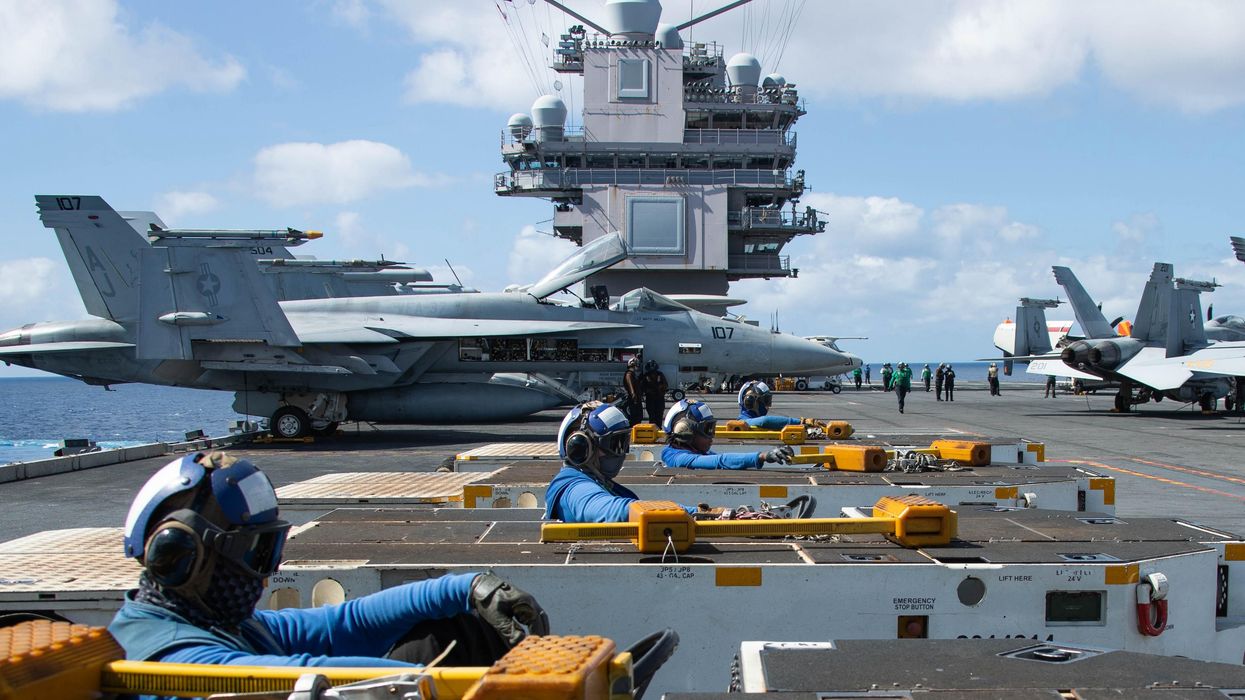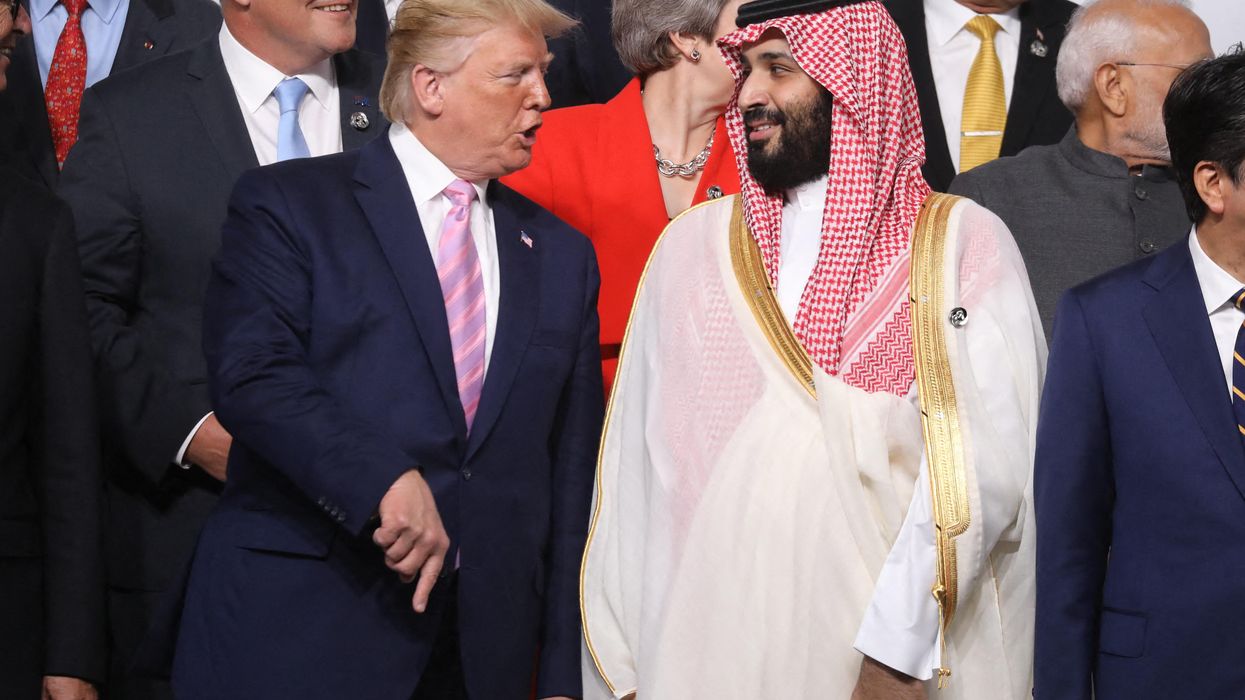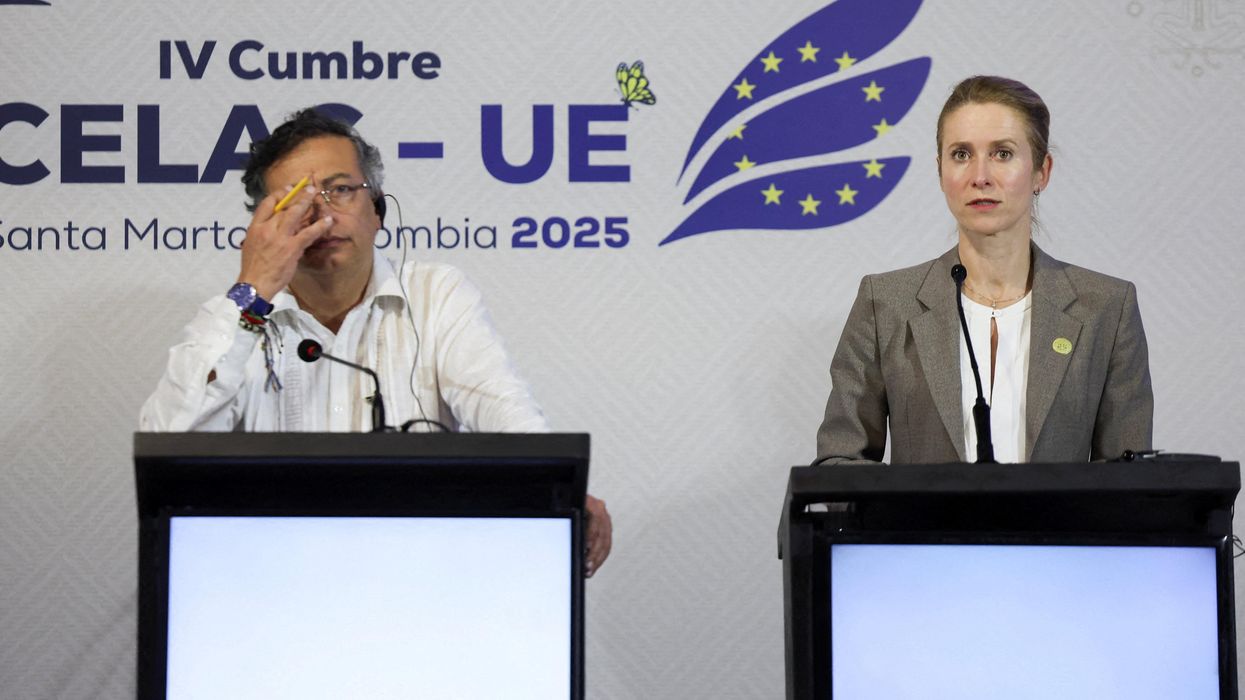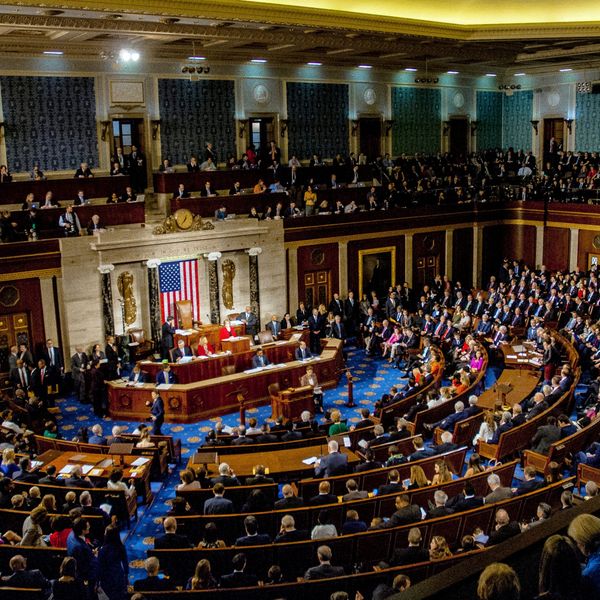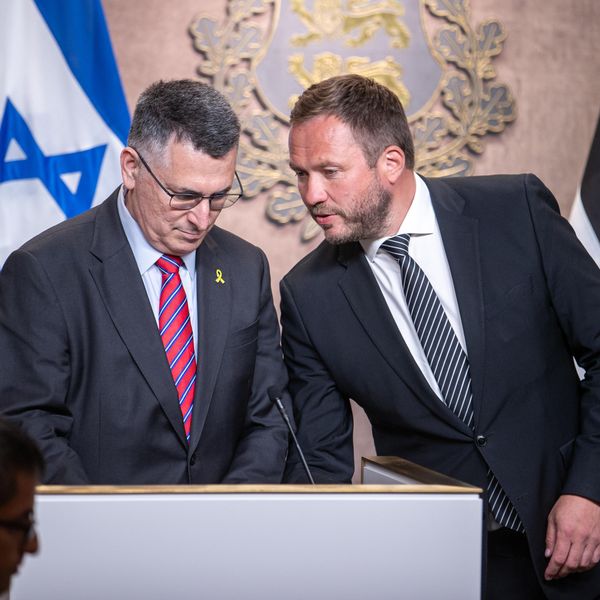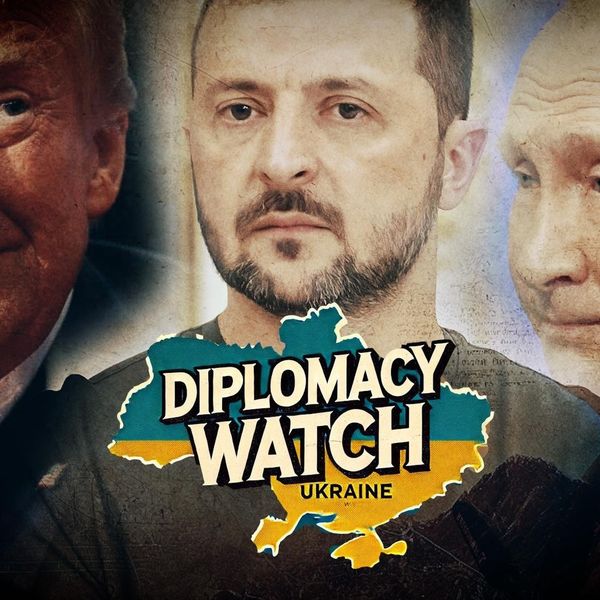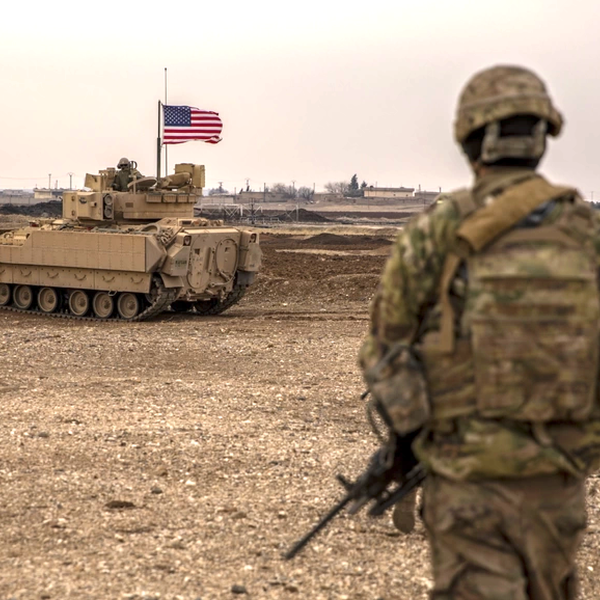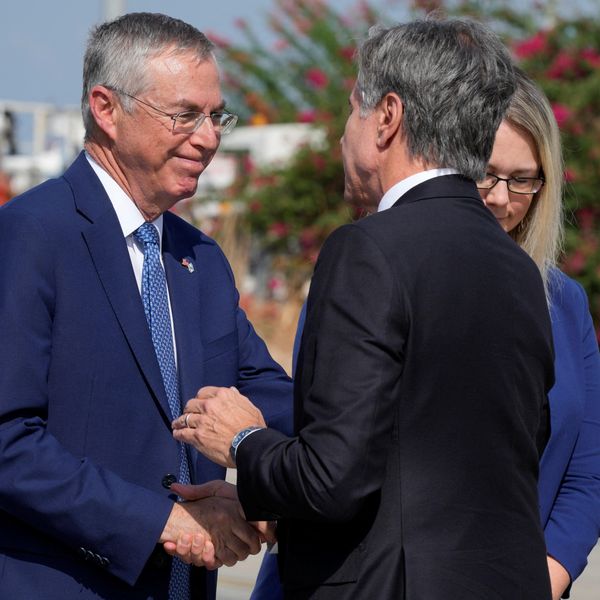Since mid-April, Iran and the United States held numerous rounds of nuclear negotiations that have made measured progress — until Washington abruptly stated that Iran had no right to enrich uranium. Moreover, 200 members of the U.S. Congress sent president Trump a letter opposing any deal that would allow Iran to retain uranium enrichment capability.
Iran’s Supreme Leader Ayatollah Khamenei called U.S. demands “excessive and outrageous” and “nonsense.” Since the beginning of the Iranian nuclear crisis in 2003, Tehran has drawn a clear red line: the peaceful right to enrich uranium under the Nuclear Non-Proliferation Treaty (NPT) is non-negotiable.
In my 2012 book “The Iranian Nuclear Crisis,” I revealed for the first time that during nuclear talks with the U.S. and other world powers, Khamenei had explicitly told then-chief negotiator Hassan Rouhani that if Iran were to abandon its legal and legitimate right to enrichment, either he must resign or ensure such a decision be made only after the Leader’s death. I disclosed this fact publicly so that Washington would understand: no nuclear deal that denies Iran its enrichment rights is politically or legally viable within Iran.
Eventually, the Obama administration, understanding this reality and favoring diplomacy over war, reached the historic 2015 nuclear agreement (JCPOA) — the most comprehensive non-proliferation deal ever signed.
The current U.S.-Iran nuclear talks will fail if Washington denies Iran’s rights for enrichment under the NPT. In fact, and somewhat paradoxically, allowing Iran to enrich uranium is not a threat to U.S. national interests — it could be an opportunity.
Balancing power in the Middle East
There is now broad bipartisan consensus in Washington that the United States must refocus its strategic posture away from regional entanglements and toward countering great powers — particularly China. To do so effectively, a new Middle Eastern order must be founded on a concept of “balance of power” rather than “hegemony.”
Any effort to grant regional dominance to regional powers including Israel, Saudi Arabia, Turkey, Egypt, or Iran will only perpetuate the instability of recent decades. The White House’s Middle East strategy must be anchored in a “regional balance,” not unilateral containment. Washington’s double standard — tolerating, if not supporting, Israel’s nuclear arsenal while denying Iran’s NPT-protected right to peaceful enrichment — effectively supports Israel’s strategic supremacy in the region.
Learning from failed wars
A quarter of America's 400 wars have been in the Middle East and Africa. There is also growing bipartisan recognition that U.S. military interventions in the Middle East have failed — costing trillions of dollars, tens of thousands of American lives, and fostering terrorism and instability in the region.
Since the U.S. wars in Afghanistan and Iraq, every U.S. president has tried to avoid new wars in the region. Obama regretted intervening in Libya and described it as his worst mistake. The recent U.S. war on Yemen has cost $7 billion and ultimately failed. After a month of bombings, President Trump announced an end to offensive operations saying that the Houthis promised not to target American ships. A military confrontation with Iran would far exceed the cost and chaos of Iraq, Afghanistan and Yemen. Enrichment rights may be controversial — but war would be catastrophic
The logic of nuclear balance
Kenneth Waltz, the father of neorealism in international relations, argued in a 2012 Foreign Affairs essay that a nuclear-armed Iran could bring strategic stability to the Middle East by balancing Israel’s nuclear monopoly. In his view, mutual deterrence reduces the risk of war.
While I disagree with Waltz on proliferation, I agree that Israel’s nuclear monopoly is neither a solution and nor sustainable. Sooner or later, the other powers in the region will inevitably seek nuclear capabilities. The only viable alternative is implementing existing U.N. resolutions that call for a nuclear-weapon-free zone in the Middle East.
Iran's enrichment program — and Saudi Arabia’s pursuit of one — offers the U.S. a unique opportunity: to support a regional nuclear consortium under international supervision in the Persian Gulf and even the Middle East. This would remove the risk of nuclear weapons development while preserving NPT rights. However, such an achievement will only be sustainable if Israel, like all other countries in the Middle East, joins the NPT and renounces its nuclear weapons.
Upholding the NPT and the US-led global order
The post-WWII global order, built around U.S. leadership, has long rested on the NPT’s twin goals: nuclear disarmament and non-proliferation. The Middle East’s nuclear future can be governed only by the NPT — nothing else. The decades-long U.S. double standard — tolerating Israel’s nuclear arsenal while denying Iran peaceful enrichment — has undermined global norms and fueled regional instability.
“What angers the Arabs most is the perception they have of a double-standard U.S. policy consisting of two approaches, one for Israel and another for the Arab countries” wrote Mohamed El Mansour, an influential Moroccan historian. Double standards and the inconsistency with international laws and regulations will ultimately threaten U.S. credibility and long-term strategic interests.
Economic stakes
President Trump recently boasted of securing trillions of dollars in trade deals with Saudi Arabia, the UAE, and Qatar. “You know, we took in $5.1 trillion in the last four days from the Middle East,” Trump said. Such agreements require long-term regional stability. A war with Iran would put every U.S. military base in the region within reach of Iranian missiles and drones. The cost of lost deals and military escalation would erase any economic gain and burden American taxpayers for decades.
Breaking the Israel-centric mold
It is no secret that current U.S. positions in nuclear talks are heavily influenced by Israeli policy — not American interests. Israeli Prime Minister Netanyahu has lobbied Washington for a U.S.-led war against Iran during past decades and now, demands the full dismantlement of Iran’s nuclear program while he knows such a demand non-negotiable for Tehran. Israel is even reportedly considering attacking Iran’s nuclear program while Trump’s negotiations are ongoing.
U.S. Middle East policy has long been aligned with Israeli preferences, but unconditional support has backfired. Today, more than two-thirds of Americans , 69%, prefer a peaceful agreement with Iran and that neither Israel and nor Iran possess nuclear weapons. Over 60% of Americans now believe Israel is playing a negative role in resolving the key challenges facing the Middle East. The International Court of Justice has accused Israel of plausible genocide. Mass protests across the West reflect growing disillusionment. As a result, Israel is one of the world’s most isolated countries. More importantly, Western silence on Israel’s conduct has discredited the very ideals of human rights, women’s rights, and international law that the U.S. once championed.
***
The U.S. cannot afford to repeat old mistakes. Instead of opposing Iran’s legitimate enrichment rights, Washington should leverage them. This is not about appeasement — it is about realism, law, and long-term American interests. A balanced, rules-based approach rooted in the NPT and regional diplomacy is the only sustainable path forward. Moreover, through a fair and mutually face-saving nuclear deal, Washington can open the path to normalize diplomatic relations with Iran based on mutual respect and non-interference, as enshrined in the U.N. Charter.


